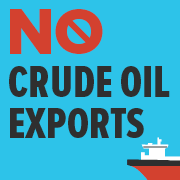
GAO: Lifting Crude Export Ban Would “Increase Greenhouse Gas Emissions”
For years the oil industry has been lobbying tirelessly to overturn the US crude export ban as domestic production increases on the back of the fracking revolution.
Read the latest insights and analysis from the experts at Oil Change International.

For years the oil industry has been lobbying tirelessly to overturn the US crude export ban as domestic production increases on the back of the fracking revolution.
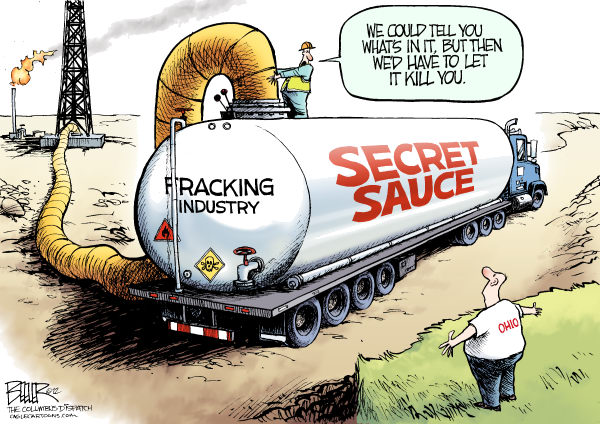
As the evidence mounts that fracking is causing chronic air pollution and health problems, American civil society organisations are pressuring the Environmental Protection Agency (EPA) to take action.
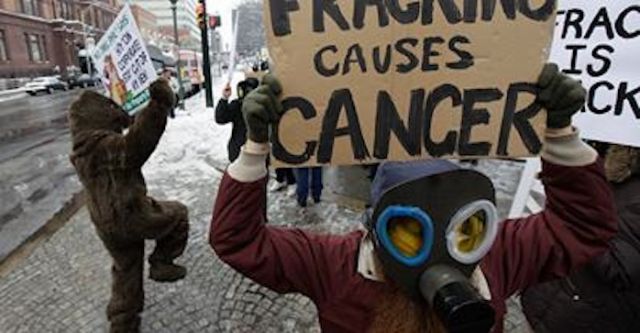
With every passing day the downside of America’s burgeoning fracking boom becomes apparent. The industry has done much to portray fracked gas as a clean fuel. But its dirty secrets are slowly and painfully being revealed.
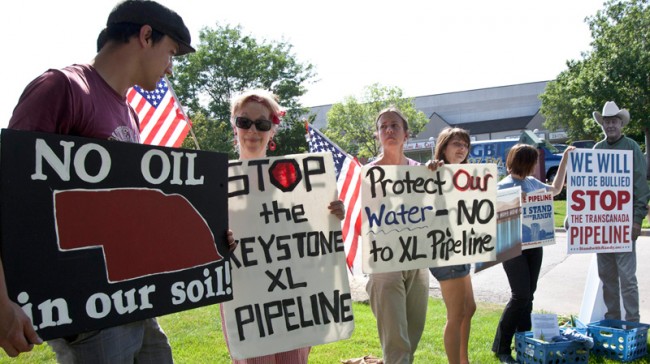
When the State Department’s long-awaited Final Environmental Impact Statement into the controversial Keystone XL (KXL) pipeline was published last week, it was met with dismay from the environmental community.
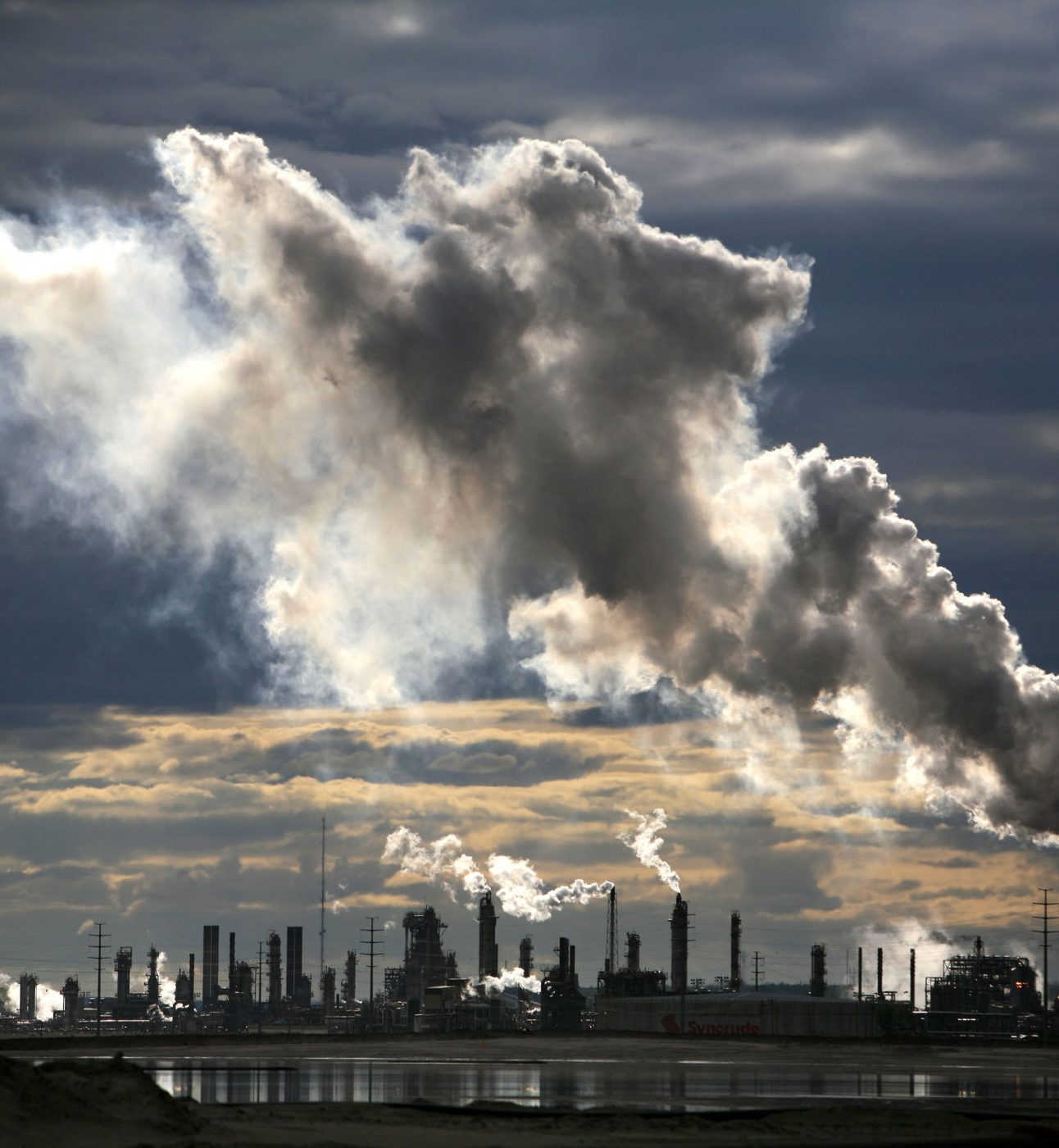
According to a new scientific analysis, many tar sands wells are actually using more energy than they produce.
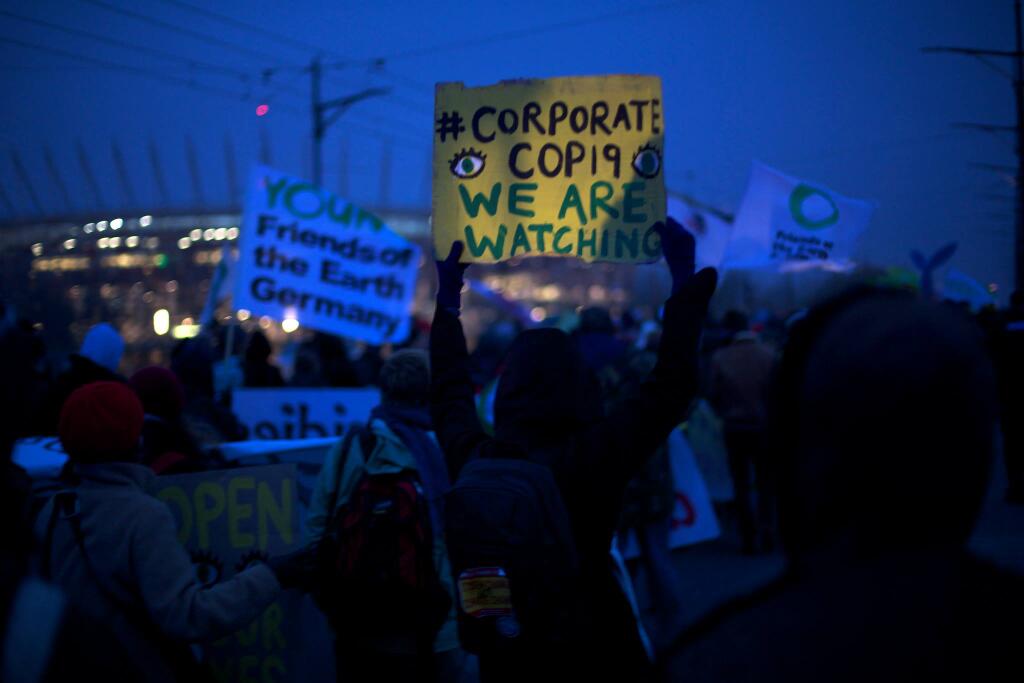
A report by the Global Carbon Project, published today has highlighted how global carbon dioxide emissions from burning fossil fuels will rise to a record 36 billion tonnes this year.
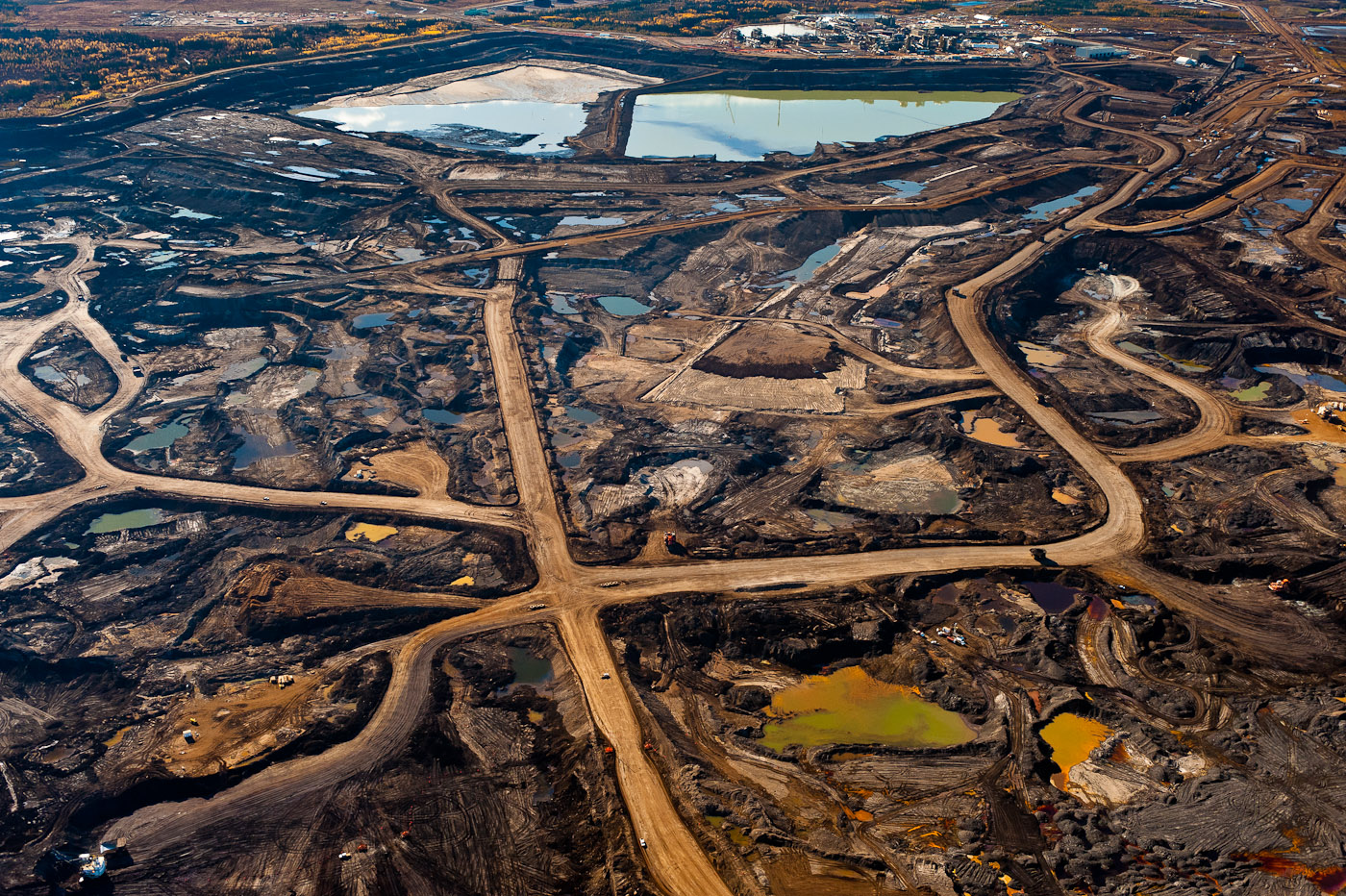
The Canadian environmental watchdog, the Pembina Institute, publishes a report arguing that “very little progress" has been made on 19 key recommended policy improvements for Canada's dirty tar sands.

Bold leadership on climate by Obama and Kerry means both saying no to KXL and tightened emission standards for power stations.
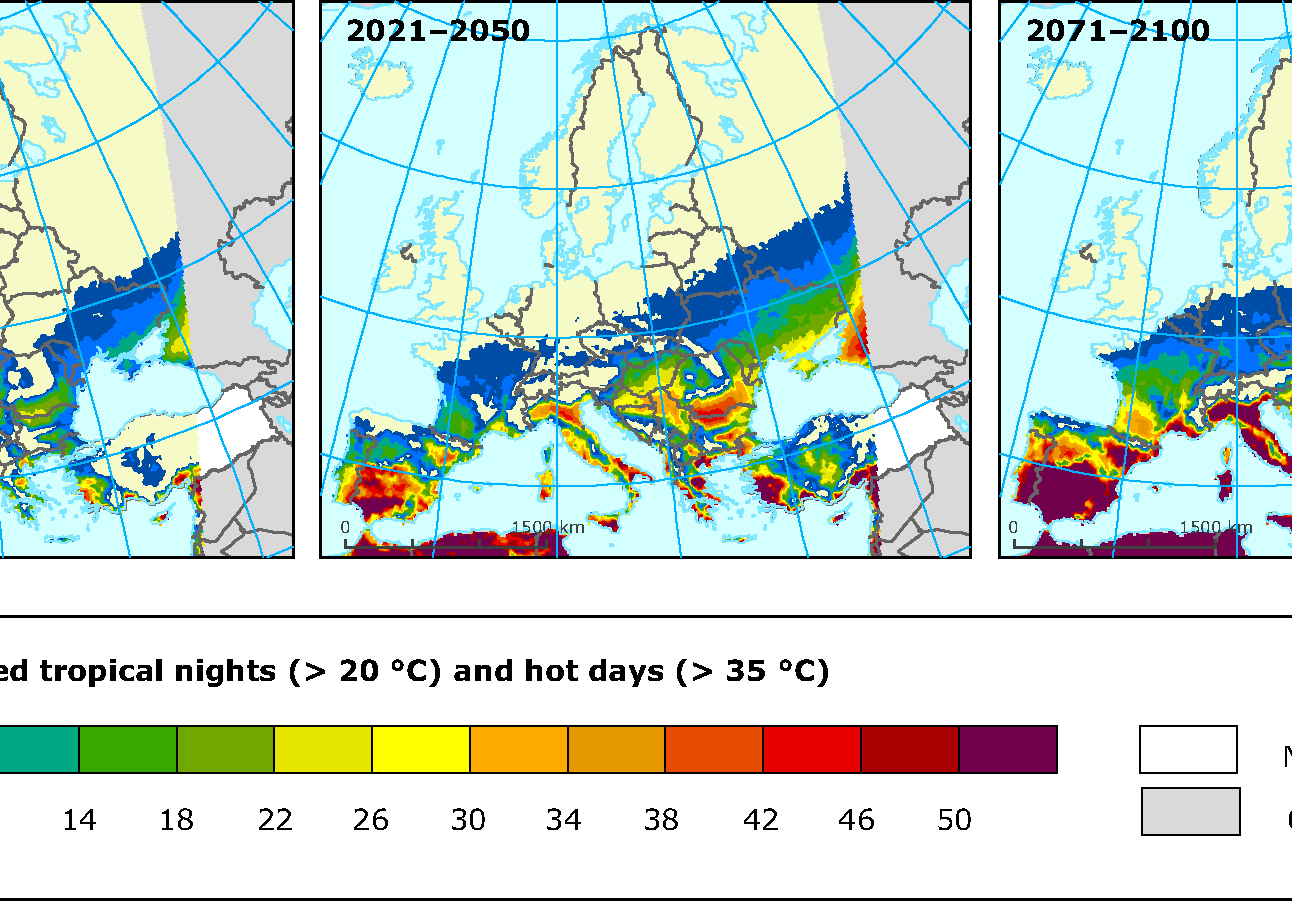
Instead of actually decreasing, the gap between the reduction in carbon dioxide that governments have committed to and the cuts that scientists say are necessary has widened.